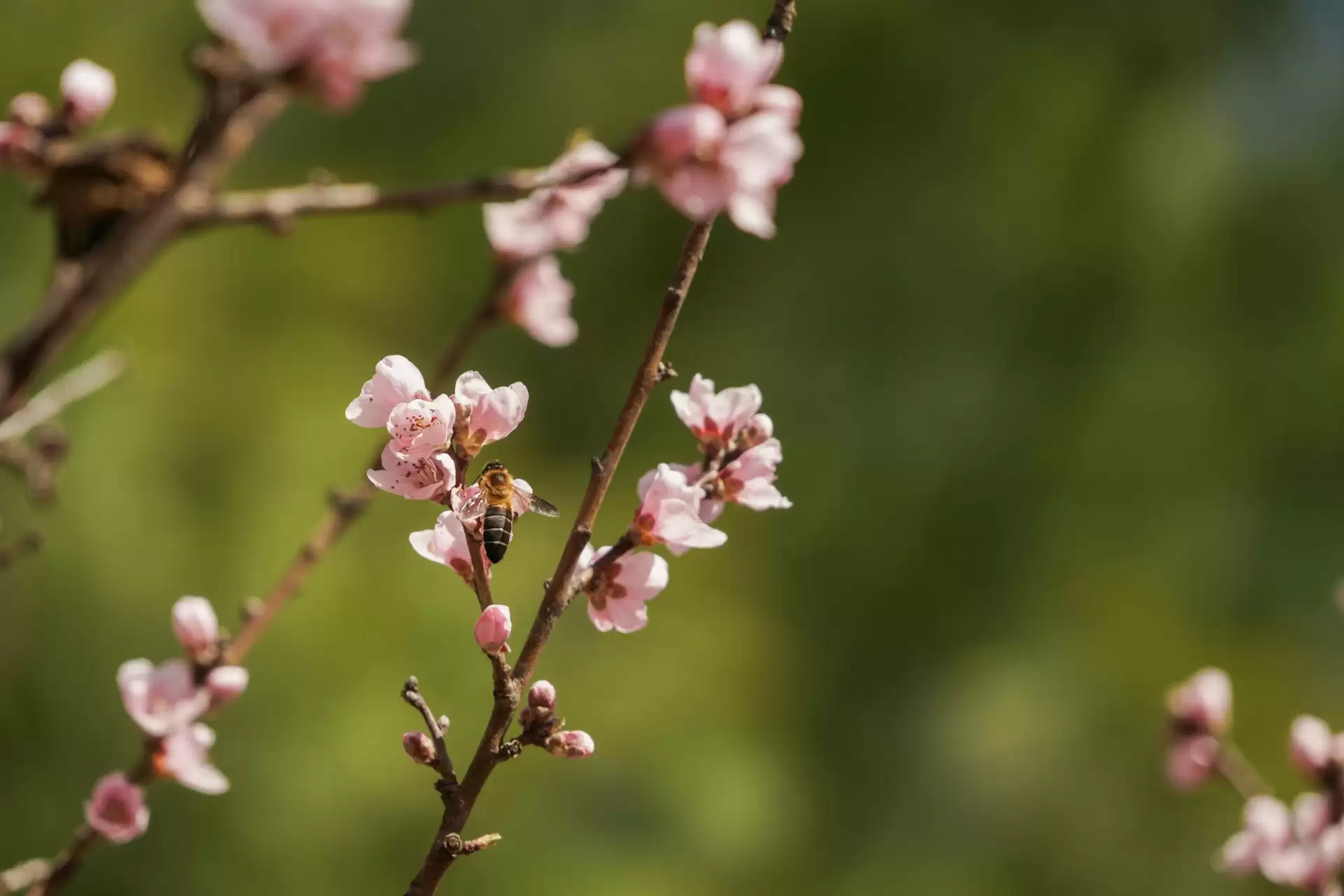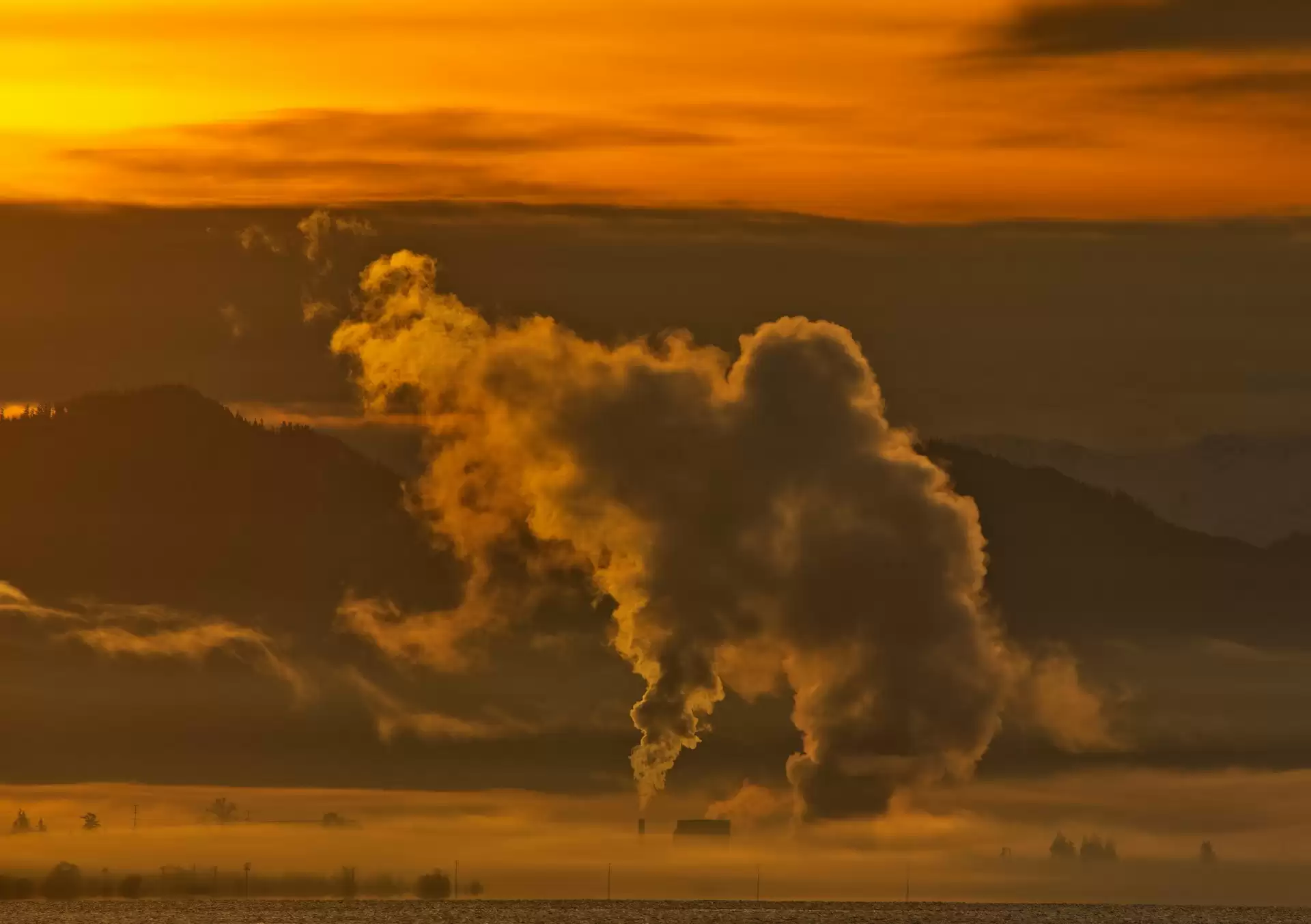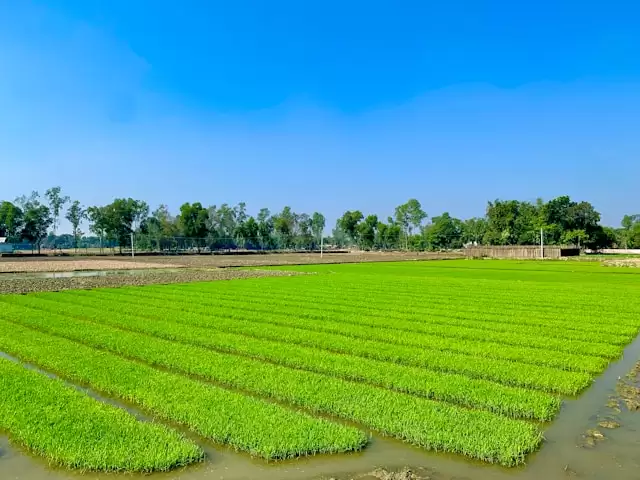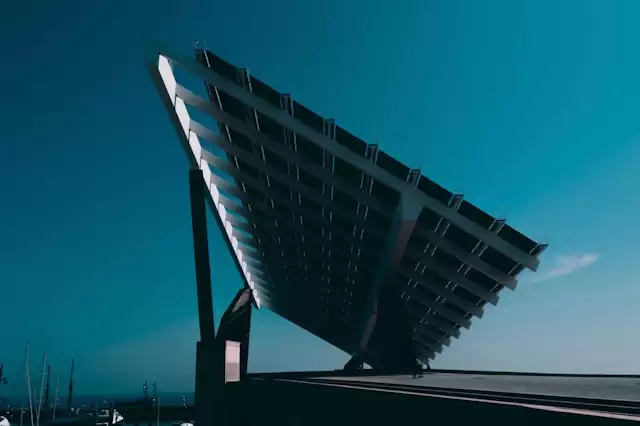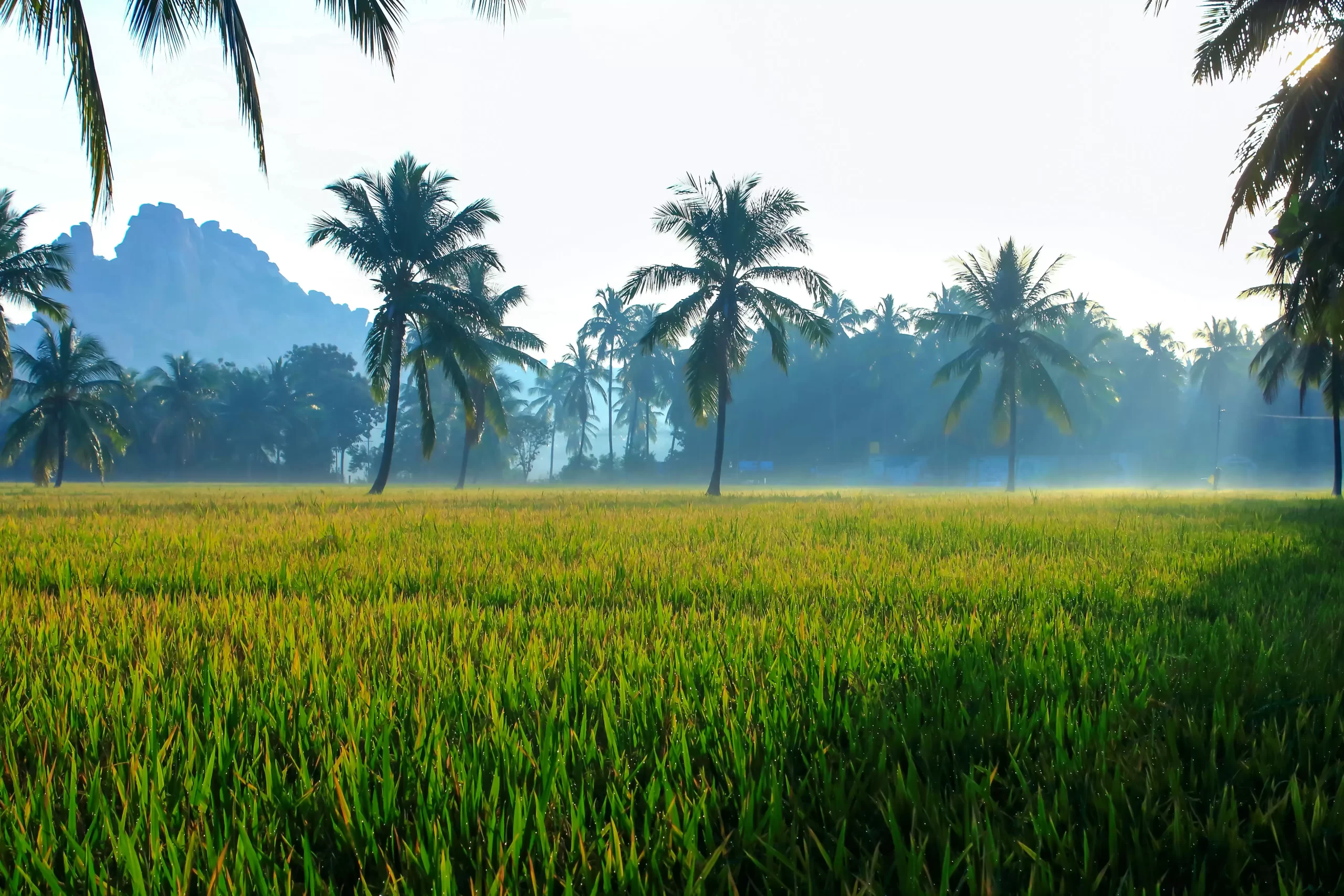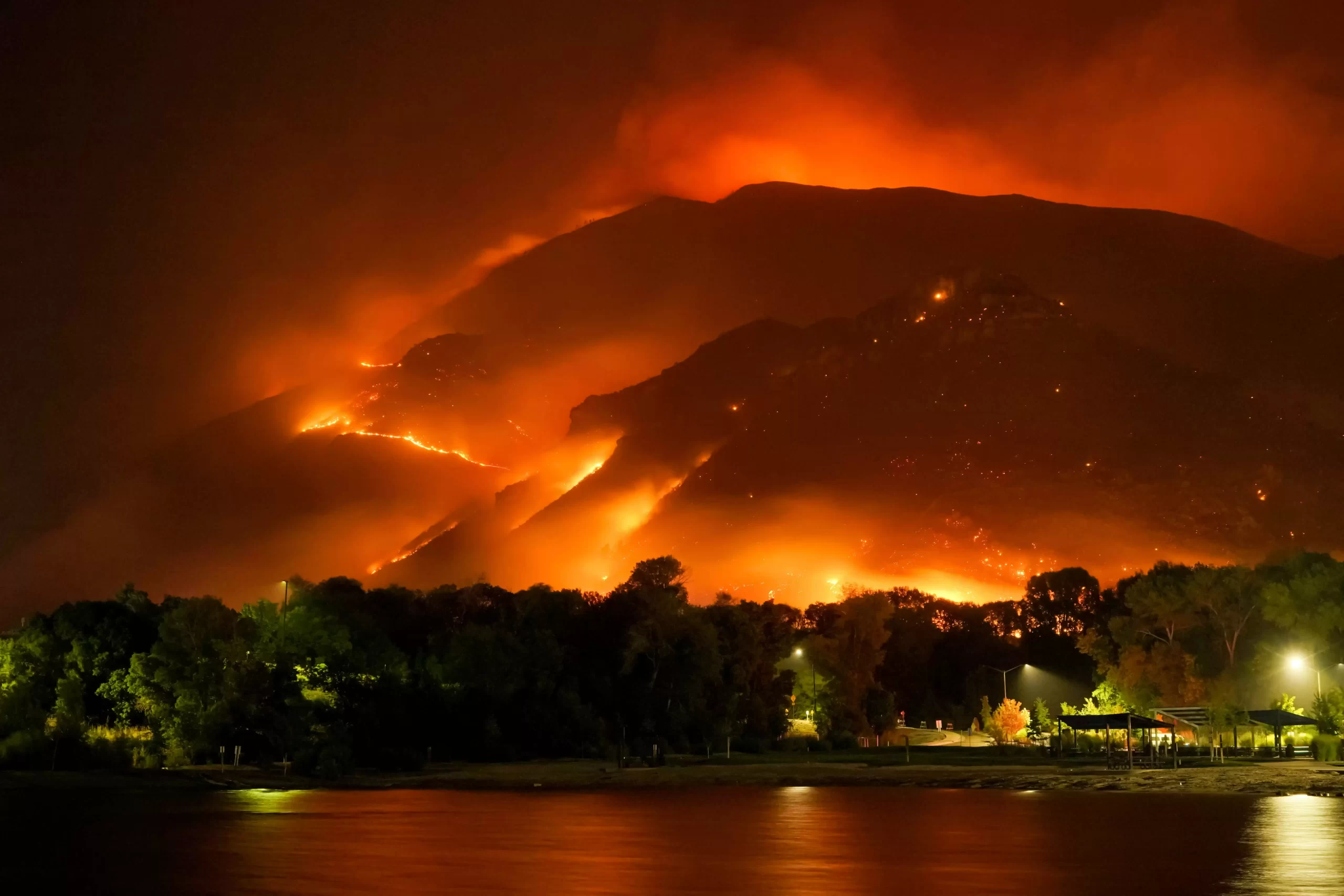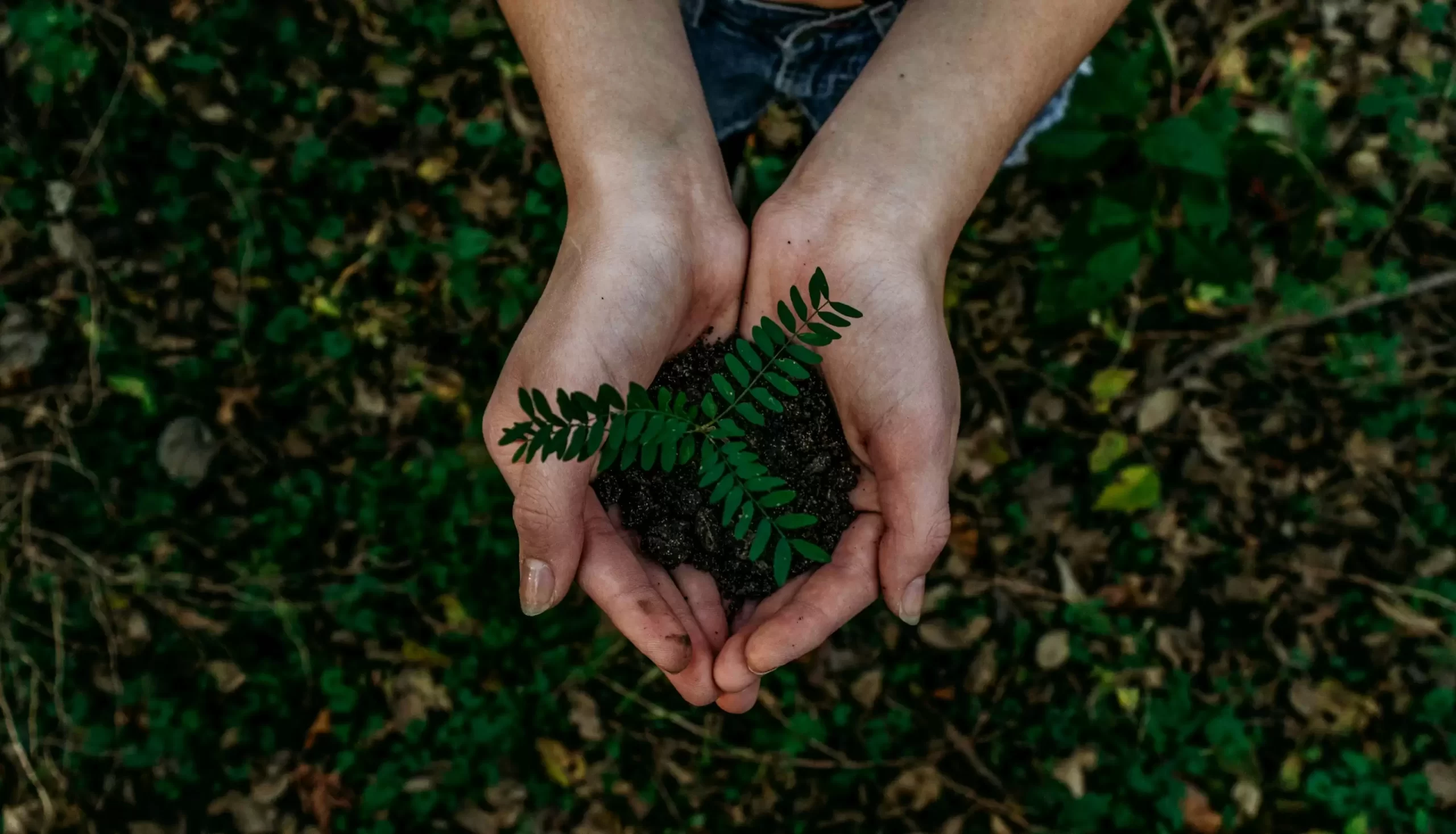Introduction Biodiversity encompasses the variety of all living organisms, from plants and animals to fungi and microorganisms. This diversity forms the ecosystems that provide us with essentials like clean air, water, food, and medicine. Yet, our planet is facing a biodiversity crisis due to habitat destruction, climate change, pollution, and overexploitation of resources. To address…
Author Archives: GreenUP
Introduction Carbon credits and International Renewable Energy Certificates (I-RECs) are powerful tools for combating climate change, enabling companies and individuals to offset emissions and support renewable energy projects. However, as these markets grow, they face challenges related to additionality, permanence, transparency, and accountability, which impact their effectiveness and public trust. This article delves into these…
Introduction As businesses and countries increasingly strive to reduce their environmental impact, carbon credits and International Renewable Energy Certificates (I-RECs) have become essential tools in the global fight against climate change. By purchasing these credits and certificates, organizations can offset their emissions and demonstrate commitment to sustainability. However, the economics of these markets are complex,…
In recent years, Vietnam has made significant strides in addressing its growing waste management challenges. One of the most promising initiatives is the implementation of the Extended Producer Responsibility (EPR) policy. This policy aims to hold producers accountable for the entire lifecycle of their products, from production to disposal. As Vietnam continues to develop, understanding…
High Emissions Challenge On October 4, a workshop in Dak Lak titled “The Current Status of Agricultural and Forestry Production Adapting to Climate Change and Developing the Carbon Market in Dak Lak” gathered experts to discuss the pressing need for integrated solutions to reduce greenhouse gas emissions and promote carbon credit trading. Dak Lak province,…
The World Energy Outlook 2024 by the International Energy Agency (IEA) highlights critical energy security risks amid geopolitical conflicts, such as those in the Middle East and Ukraine. As energy systems transition, the focus is on balancing energy security, affordability, and sustainability. Key Themes and Scenarios The report explores three main scenarios: Stated Policies Scenario…
Agriculture is one of the most important sectors globally, providing food security and supporting livelihoods. With climate change and environmental sustainability becoming critical global concerns, innovative solutions are needed to improve agricultural practices. One such practice, particularly used in rice farming, is the Alternate Wetting and Drying (AWD) technique. Monitoring these fields to ensure optimal…
In recent years, the urgency to combat climate change has catalyzed innovative agricultural techniques aimed at reducing greenhouse gas emissions. One such technique is the Alternate Wetting and Drying (AWD) method in rice cultivation. This article explores how satellite technology is revolutionizing this age-old practice, turning rice fields into significant players in the carbon credit…
In today’s world, environmental measurement is crucial for understanding the impacts of human activity on our planet and guiding policies for sustainable development. As awareness of environmental issues grows, so does the need for accurate, comprehensive, and actionable environmental data. This article provides an overview of key concepts in environmental measurement, drawn from a course…
What is Biochar? This article delves into the world of biochar carbon credits, exploring their environmental benefits, production processes, and how they contribute to a greener planet. Biochar is a stable, carbon-rich form of charcoal produced through the process of pyrolysis, where organic materials such as wood, manure, or agricultural waste are heated in a…

